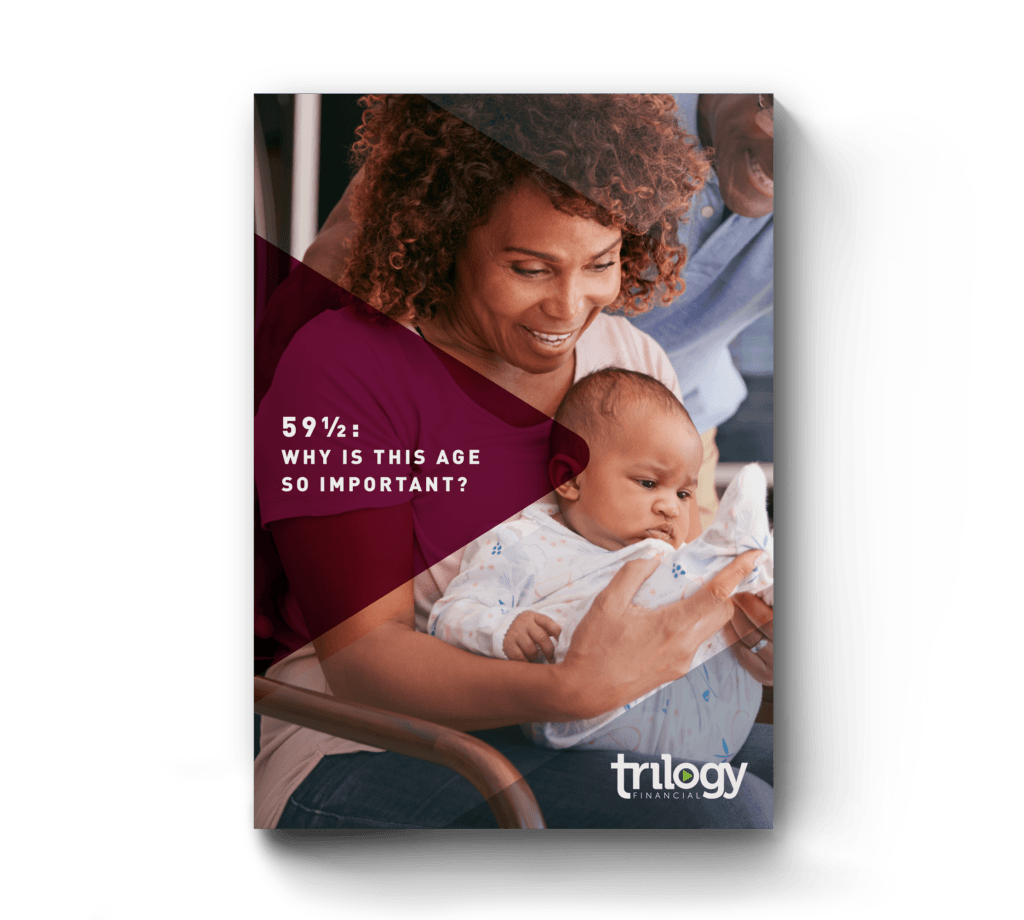Some people believe that one of the most frustrating words in the financial world is the word “taxes”. But it doesn’t have to be…and it actually shouldn’t be. Understanding the world of taxation takes enormous amounts of education, understanding and application. The average person doesn’t necessarily want to become an expert on taxes, but they certainly don’t want to pay more than they have to, either. Hence the reason many people and businesses reach out for help. Finding a tax professional can be complicated; hoping to find the right kind of tax professional for the services needed tends to be the number one challenge.
When starting a search to find the right tax professional, there are basically two major things to consider. Firstly, it’s important to understand the differences between the types of tax professionals. Secondly, it’s important to ask the right kind of questions to help discern if a working relationship with a particular tax professional is a good fit.
Start with having a basic understanding of a few different types of tax professionals.
TYPES OF TAX PROFESSIONALS:
Tax Preparer – A tax preparer can help individuals, families, and businesses prepare tax returns. They cannot represent clients during an audit. Their role is limited to tax preparation. A large percentage of the general population might find that a Tax Preparer is a match for their filing needs.
EA – An Enrolled Agent (EA) has passed an IRS examination that puts them in a position to not only help clients prepare tax returns, but they can also represent their clients in the event of an audit. Generally speaking, EA’s may tend to have more thorough knowledge and understanding in regards to tax preparation than that of a Tax Preparer. Individuals, families, and business owners might find that an EA is helpful due to the complexities that their tax preparation needs may entail.
Tax Attorneys – Tax Attorneys can not only prepare tax filings, but they can also represent their clients during an audit, as well as represent clients in court proceedings. Tax attorneys play a significant role in helping their clients through complications with tax liabilities, responsibilities, and other issues that may arise.
CPA – Certified Public Accountants are tax professionals who have a degree in accounting or a related field. They have passed the state CPA exam, and are able to perform a myriad of services for their clients. They can prepare tax filings, represent clients during audits, prepare and certify audit statements. They cannot, however, represent their clients in court.
There are additional types of tax professionals, but the above mentioned tend to be the most widely sought after by individuals, families, business owners, non-profit entities, and others.
Secondly, it’s important to ask questions that are relevant for finding a professional that might be best suited for the specific needs at hand. Here are a few questions to consider when interviewing a tax professional:
QUESTIONS TO ASK:
- What is your designation, or professional title?
- What industries or types of clients do you have?
- How many years of experience do you have?
- How many people do you have in your organization, and what are their roles?
- Do you help clients with tax planning strategies, as well as tax preparation?
- Do you work in collaboration with financial planners and other professionals?
- What kind of ongoing service model do you have?
- What is your fee structure?
When discerning which tax professional to work with, having a basic knowledge of the types of tax professionals might go a long way with helping to build a productive relationship, and subsequently, possibly more favorable tax solutions. Taxes are a major part of life, and having a strategy around how finances are built, managed, and maintained could possibly help significantly. It’s important to be responsible with taxes, and having a professional that can help discern taxation with efficiencies could have significant importance to overall financial planning.


